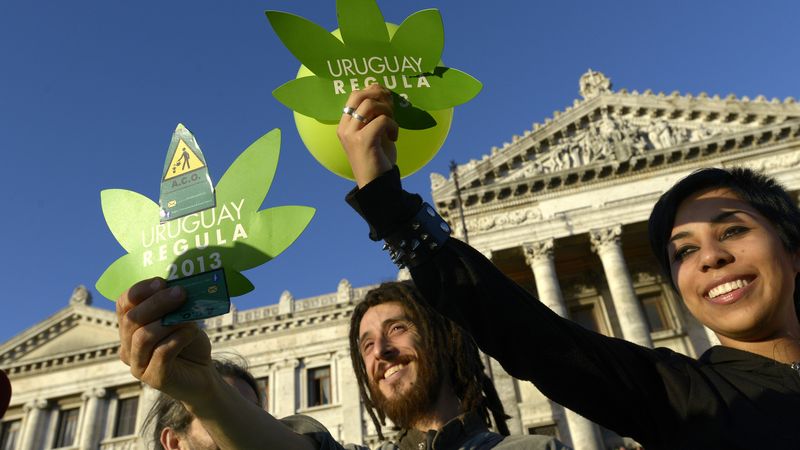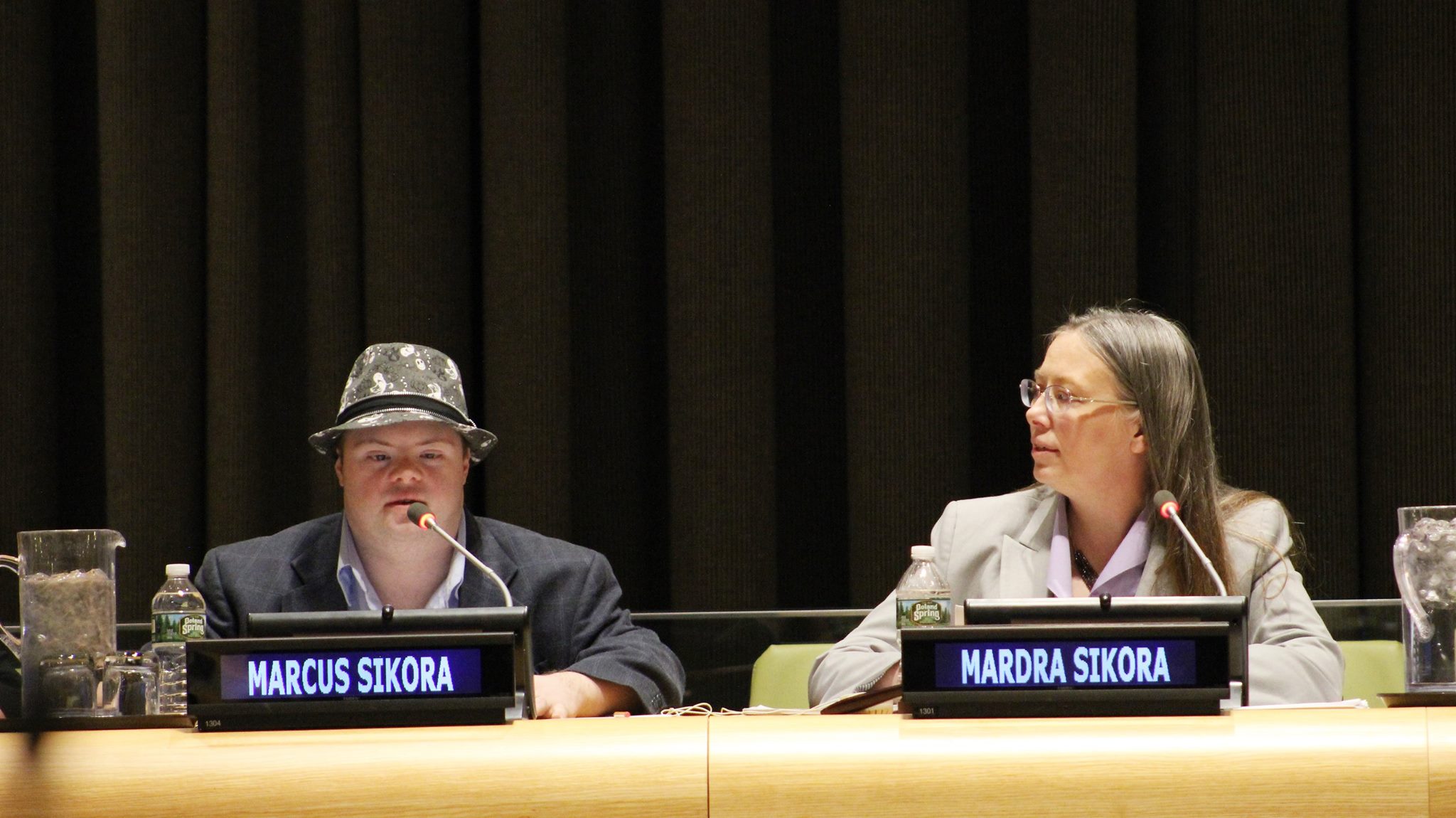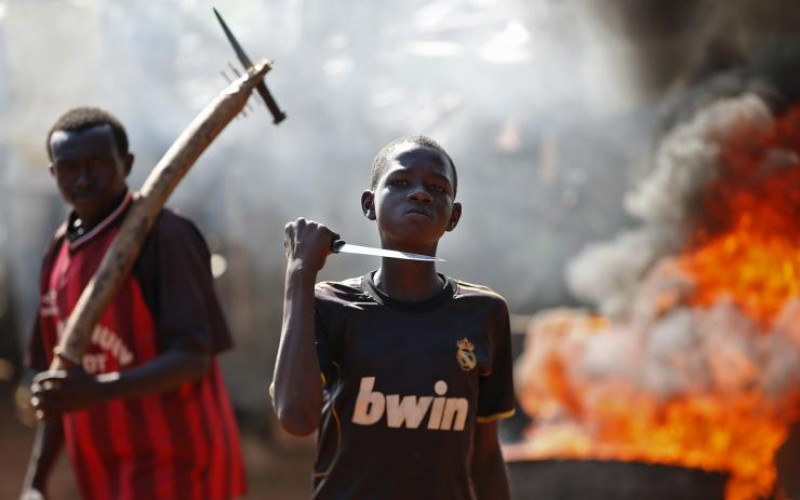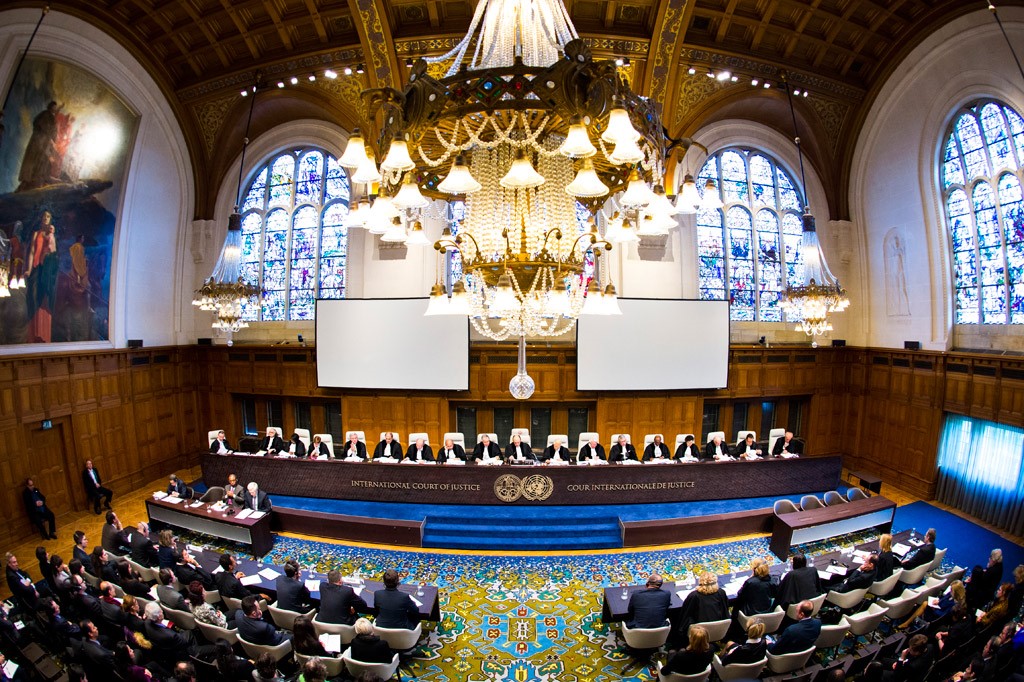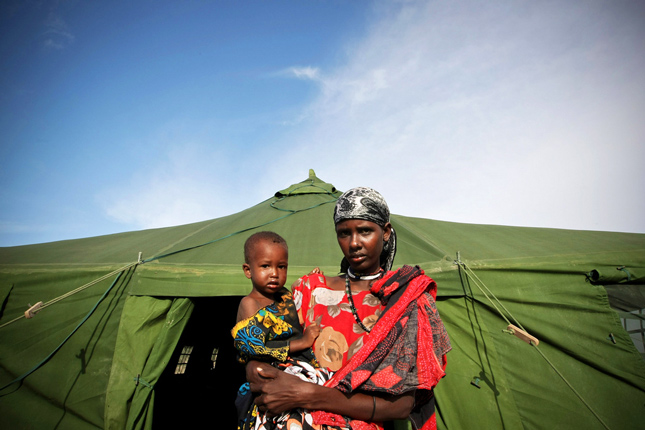The Impact of Drug Enforcement Policies on Transnational Organized Crime in Latin America: A Case Study
“For illicit drugs, organized crime is sine qua non. In other words, organized crime can exist without drug trafficking, but illicit drugs cannot live without organized crime.”[1] This quote illustrates the long standing and infamously mutually beneficial relationship between organized crime and illicit drug trafficking. While the public threat of this relationship is long recognized … Read more

